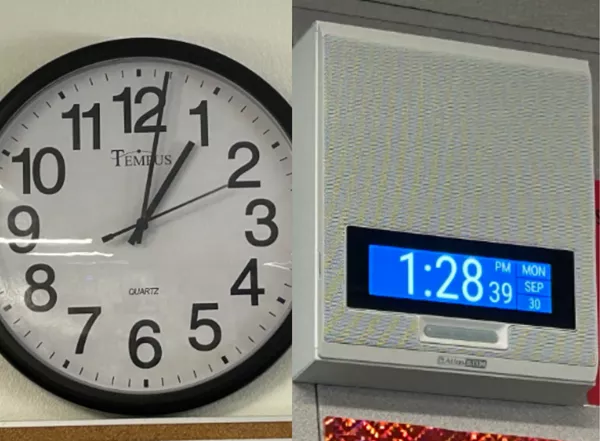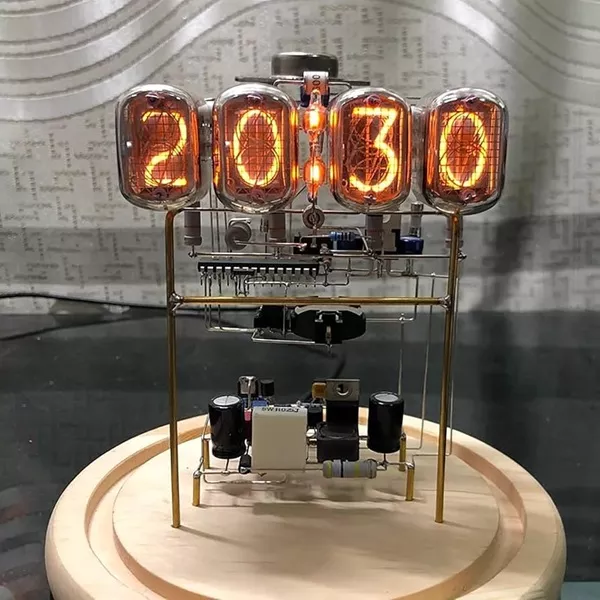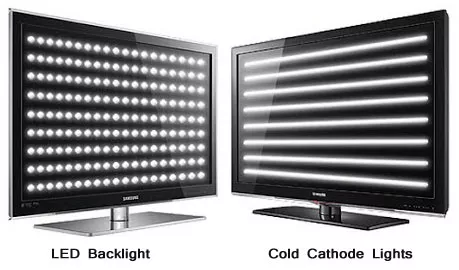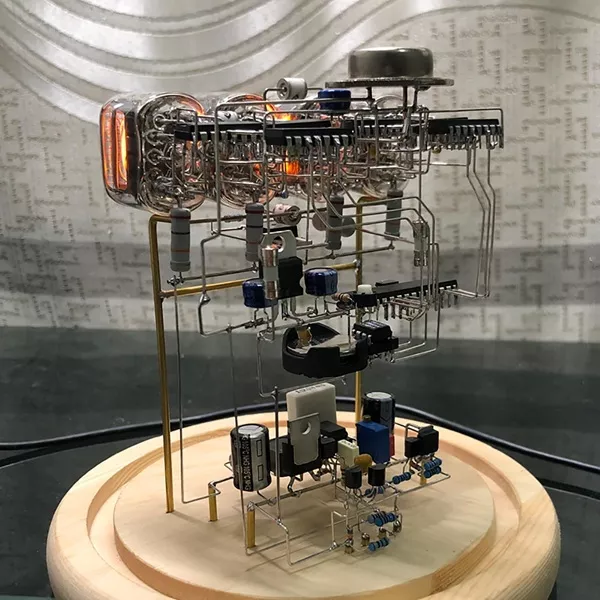What is a Digital Clock? Exploring its History and Modern Uses
Unveiling the Digital Clock: A Journey Through Time and Technology. What is a digital clock? If you've ever wondered about the answer to this question, or how these ubiquitous devices evolved, you're in the right place. Let's dive into the fascinating world of digital clocks! Click here to experience the convenience of an online digital clock.
What is a Digital Clock? Defining the Modern Timepiece
A digital clock displays the time numerically, using digits or other symbols to represent hours, minutes, and sometimes seconds. Unlike analog clocks, which use hands to indicate the time, digital clocks offer a direct and unambiguous way to read the time. But how do digital clocks work?

- Digital vs. Analog Clocks: The key difference lies in the display method. Analog clocks rely on continuous movement, while digital clocks use discrete numerical values.
- Understanding the Display: Most digital clocks use LEDs (Light Emitting Diodes) or LCDs (Liquid Crystal Displays) to show the time.
- Key Features of Digital Clocks: Besides displaying the time, many digital clocks offer features like alarms, timers, and date displays.
A Brief History of Digital Clocks: From Vacuum Tubes to Microchips
The story of the digital clock history is a journey through technological innovation. From bulky vacuum tube devices to sleek, microchip-powered gadgets, the evolution is remarkable.

- The Early Days: Vacuum Tube Clocks: The first digital clocks used vacuum tubes, making them large, power-hungry, and expensive.
- The Transistor Revolution: The invention of the transistor made digital clocks smaller, more reliable, and more affordable.
- The Age of Microchips: Microchips further miniaturized digital clocks, leading to the widespread availability of the devices we know today.
The Evolution of Time Display: LED, LCD, and Beyond
The way digital clocks display time has also undergone significant changes. Early LED displays were bright but power-intensive, while LCD displays offered better energy efficiency.

- LED Displays: Bright and Bold: LEDs are known for their vibrant colors and high visibility, but they consume more power than LCDs.
- LCD Displays: Energy Efficient: LCDs are more energy-efficient, making them ideal for battery-powered devices.
- The Future of Time Display Technology: Emerging technologies like OLEDs (Organic Light Emitting Diodes) promise even better display quality and energy efficiency.
Digital Clocks in Modern Life: Applications in Everyday Scenarios
Digital clocks are now ubiquitous, finding applications in almost every aspect of modern life.

- Digital Clocks in the Home: From alarm clocks to kitchen timers, digital clocks are essential household items.
- Digital Clocks in the Office: Digital clocks help keep track of time in the workplace, ensuring punctuality and productivity.
- Digital Clocks in Public Spaces: Airports, train stations, and other public spaces rely on digital clocks to display accurate and synchronized time.
The Digital Clock Goes Online: Exploring Web-Based Time Tools
The internet has revolutionized how we access and use time. Online clocks offer a convenient and versatile way to keep track of time. Visit our digital clock for a variety of customization options.
- Benefits of Online Digital Clocks: Online digital clocks are accessible from any device with an internet connection, making them incredibly convenient.
- Customization Options: Many online digital clocks offer a range of customization options, allowing users to personalize the display to their liking.
- Accessing Accurate Time Online: Online digital clocks rely on network time protocols to ensure accurate timekeeping.
Why is Accurate Time Important?
Accurate time is crucial in many aspects of modern life. How accurate is a digital clock? Modern digital clocks, especially those synchronized with network time servers, are incredibly accurate.
- Time in Science and Technology: Scientific experiments and technological processes often require precise timekeeping.
- Time in Business and Finance: Financial transactions and business operations rely on accurate timestamps to ensure accountability.
- Time in Daily Life: From scheduling appointments to catching a train, accurate time is essential for managing our daily lives.
The Enduring Relevance of the Digital Clock
The digital clock has come a long way, from its humble beginnings to its current ubiquitous presence. Its simplicity, accuracy, and versatility make it an indispensable tool for modern life. Whether you prefer a basic display or a fully customized time display, the digital clock continues to evolve and adapt to our ever-changing needs.
FAQ: Frequently Asked Questions about Digital Clocks
- What is the difference between a digital clock and an analog clock? A digital clock displays the time numerically, while an analog clock uses hands to indicate the time.
- How accurate is a digital clock? Modern digital clocks are highly accurate, especially those synchronized with network time servers.
- Where can I find a digital clock online? You can find a variety of customizable digital clock online options at https://digitalclock.cc/.
- How do digital clocks work? Digital clocks use electronic circuits to count time and display it numerically using LEDs or LCDs.